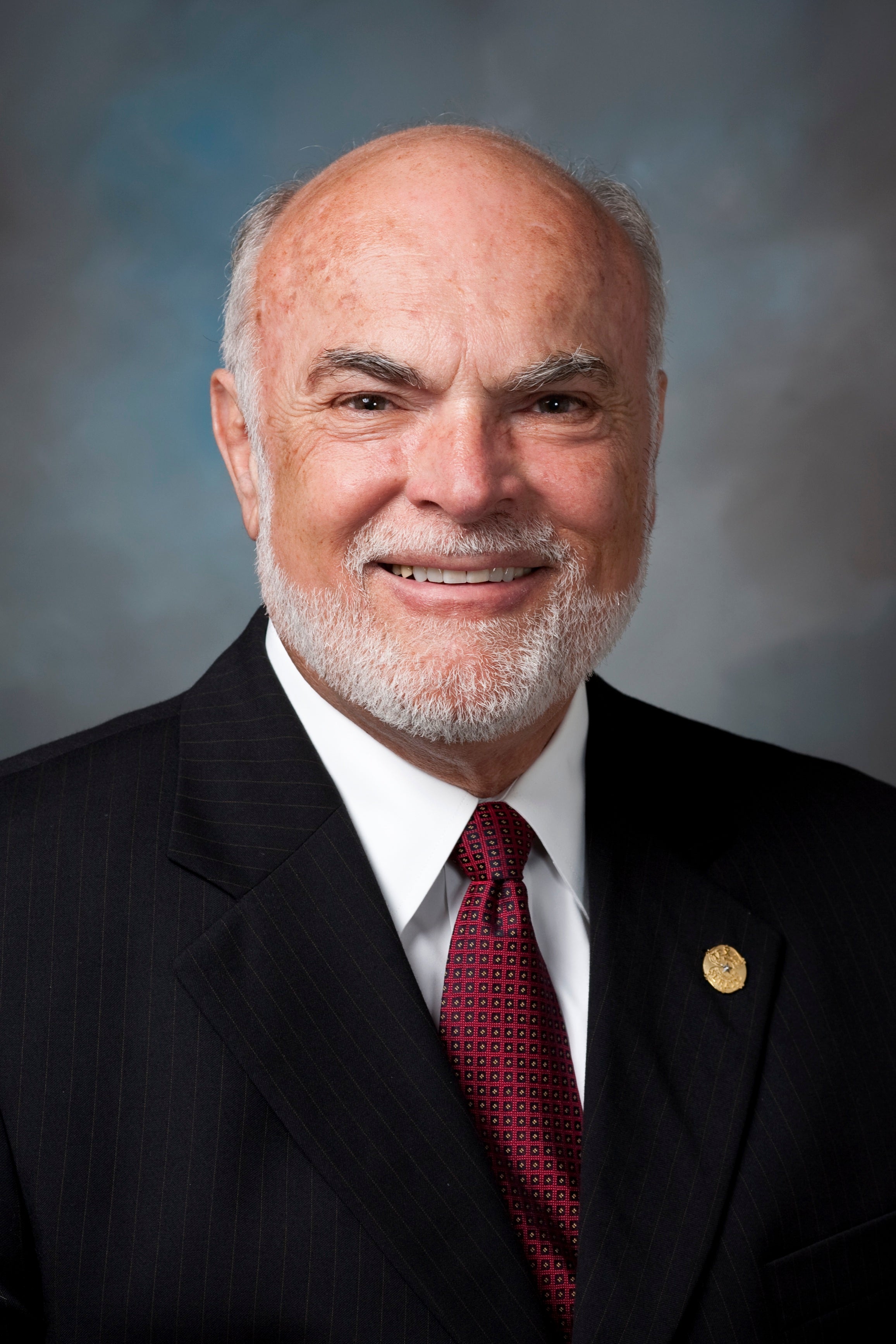OP-ED: My Five Cents – Gulf Coast Protection District bill passes the House
Published 12:29 am Saturday, May 22, 2021
|
Getting your Trinity Audio player ready...
|
Session is drawing to a close. This is the last week for Senate committees to realistically consider bills to vote out of committee. We have until May 26 to vote on any bill on the floor. After that, the Senate can only vote on Conference Committee Reports or concur with House amendments until we adjourn Sine Die on May 31.
Here are five things happening around your state:
- Gulf Coast Protection District bill passes the House
This week Senate Bill 1160 was voted off the House floor. The bill creates the Gulf Coast Protection District, which would be a fundamental part of funding the construction of the Coastal Spine Project – also known as the Ike Dike. This very large levy system would start in Orange County and eventually extend to protect the Houston Ship Channel. In the long term, it would extend all the way to Freeport. The Army Corps of Engineers is constructing the project and it’s partially funded by a $4 billion federal appropriation after Hurricane Harvey. The Gulf Coast Protection District would be the funding mechanism for the state match and would have the authority to sign a project partnership agreement with the Corps for these projects. This long-term project would be integral to the protection of the Gulf Coast from flooding and hurricanes.
- Governor opts out of additional federal pandemic unemployment benefits
This week Governor Abbott announced that Texas will end it’s participation in the program that allowed unemployed Texans to collect an additional $300 per week since the start of the COVID-19 pandemic. In recent weeks, there were more than 60 percent more jobs open in Texas than there were in the weeks leading up to the start of the pandemic. Businesses and business groups like the Texas Association of Business asked the Governor to end the additional payments as they were disincentivizing work and many good Texas jobs were left unfilled. Governor Abbott is one of 20 other governors who also ended their state’s participation in the program.
- Winter Storm Uri response bill making its way through the House
Senate Bill 3 was voted out of the House Committee on State Affairs this week, bringing it another step closer to passage as law. This bill is largely in response to Winter Storm Uri and the power grid failures during the storm. Specifically, this bill limits residential customers from signing up for variable-rate plans that left consumers with sky-high electric bills; it requires grid managers and utility regulators to practice for emergencies, including load shedding exercises; it requires power outage alerts; and it requires weatherization of certain parts of the electricity supply chain, including some natural gas production sites. The bill also establishes the Texas Electricity Supply Chain Security and Mapping Committee which would map the state’s electricity supply chain to designate priority electricity service needs during extreme weather and sources in the supply chain necessary to operate critical infrastructure.
- Homeowner’s Religious Freedom Act sent to the Governor
This week the House finally passed Senate Bill 581 by Senator Bettencourt, also known as the Homeowner’s Religious Freedom Act. This bill would preserve Texans’ rights to free speech and free exercise of religion by preventing property owners’ associations from forcing homeowners to remove any religious displays. This could include crosses, menorahs, or nativity scenes displayed in a homeowner’s yard. Previously, a POA could have forced a homeowner to take down a religious display if it did not follow often strict guidelines set by the POA. This bill upholds and guarantees the rights promised to Texans in the First Amendment.
- House Bill 33 passes the Senate, sent to the Governor
When veterans retire from active duty military service, they leave that profession with skills and training that can be transferable to civilian industries. However, currently Texas higher education institutions don’t have a way to evaluate those skills and how they may transfer as post-secondary education credit. House Bill 33 sponsored by Senator Zaffirini seeks to address that issue by requiring the Texas Workforce Commission to identify programs offered by career schools or colleges for which skills obtained through military experience, education, and training frequently align. TWC then would require schools to provide credit toward any course for the relevant program. A list of identified programs and approved career schools and colleges will be available on the Texas Higher Education Coordinating Board website. This bill will help our veterans pursue and obtain post-secondary education after they’ve completed their service.
Robert Nichols is the Republican Senator for the 3rd District in the Texas Senate.







